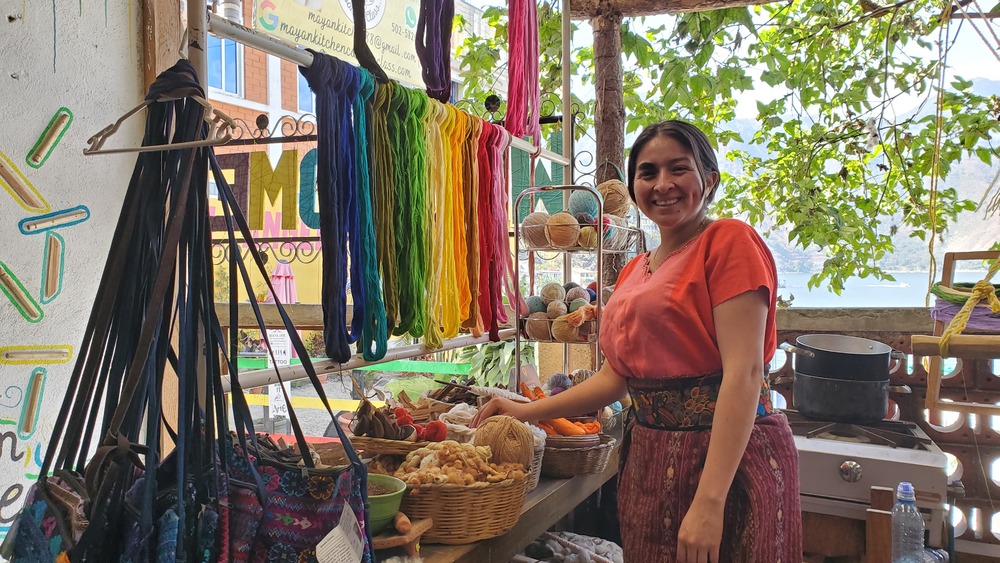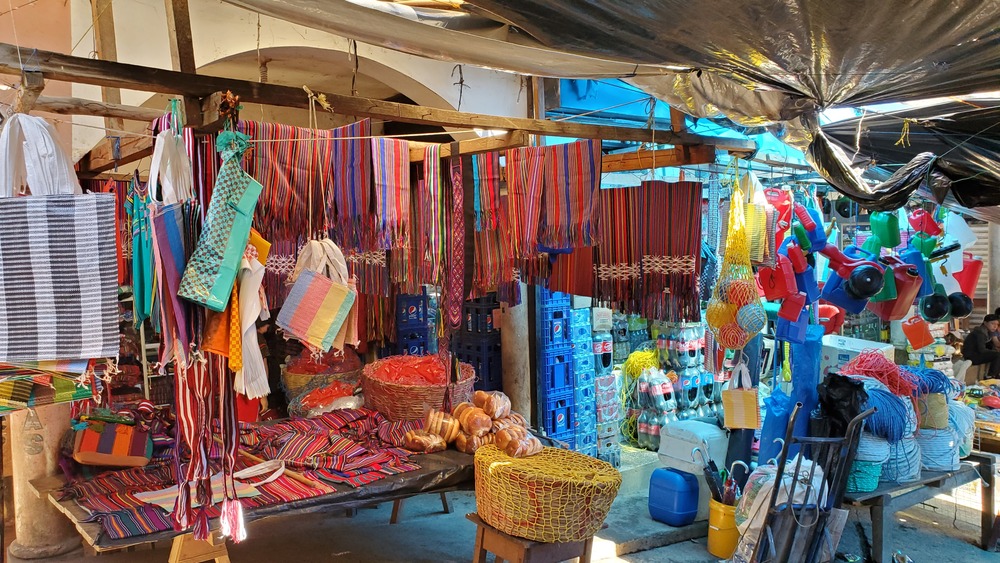Tourists often worry that they will be ripped off the moment they arrive somewhere. Scammed. Taken for a ride. For the sole reason that they’re terrified of being a “gullible” tourist.
They proceed to haggle at any and all opportunities, regardless of whether the store or vendor has set prices, regardless of whether they’re getting a reasonably good deal already. I’ve seen women in their fifties screaming, their faces beet red, at a fifteen year old girl in a vendor’s booth. Is there any wonder why tourists are so universally reviled throughout the world?
These same people think nothing of paying seven or more dollars for their cup of latte (which costs about 6 cents to make), will haggle, even berate, someone selling hand-carved souvenirs or fabrics, items that have been made by generations.

Do yourself and the seller a favor by first and foremost, treating the person with respect. If you’re saying anything to something you wouldn’t say to a Starbucks barrista back home, you’re doing it wrong.
Ask yourself if this item is already a good deal. If you’d pay this much for something in a store at home, why haggle over the price when you’re on vacation? I’ve seen t-shirts offered for $12 dollars, which is half the price they’d be in the USA. Often, the vendor him- or herself offers to lower the price a little to secure the sale.
Find a local you trust to give you a price range of what’s “reasonable.” Often asking the waiter or waitress what they think a reasonable price for a (fill in the blank here, serape, sombrero, pair of chopsticks, etc.) is will give you a ballpark to work from. Try to ask a local who wouldn’t overlap with the products you’re trying to buy. (For example, don’t ask another vendor of chopsticks what a reasonable price for chopsticks is, they’re likely to inflate. As the gas station attendant or someone behind the desk at your hotel.)
Be friendly, and ask if they can lower the price rather than demanding it. Here as anywhere, you get more flies with sugar. There usually is some flexibility in mercados and tourist-frequented markets and pop-up stands.
If you don’t need something, don’t waste your or their time.
Purchase products that are ethical. It goes without saying that you should not be purchasing any products or services that aren’t legal, but be aware that sometimes products for sale take advantage of people in debt, take advantage of child labor, or involve other forms of exploitation. Some collectives train the disadvantaged in a craft or trade; buying products from these reputable organizations helps a community. Lake Atitlán has a number of these organizations, and you can learn how to back-strap weave yourself, too.
Never buy animal products that may be confiscated on your return home. Know the endangered and protected species. Bringing contraband or prohibited products into your home country could land you in jail. It’s not worth it.
And turn the other cheek. If you do discover you’ve paid more for something than someone else did, consider that you may have allowed a family to eat, or a tired vendor to close up shop early for the day, or been able to bring a smile to someone’s face who probably needs that money far more than you do. You’re here because you want to be; they’re there because they have to be, often it’s their only source of income, the way they get by. In many countries there is little safety net, no socially provided income, so what they make from selling souvenirs is what they take home. If something’s truly beyond your price range, don’t bother bartering for it, just don’t buy it in the first place.

Leave a Reply